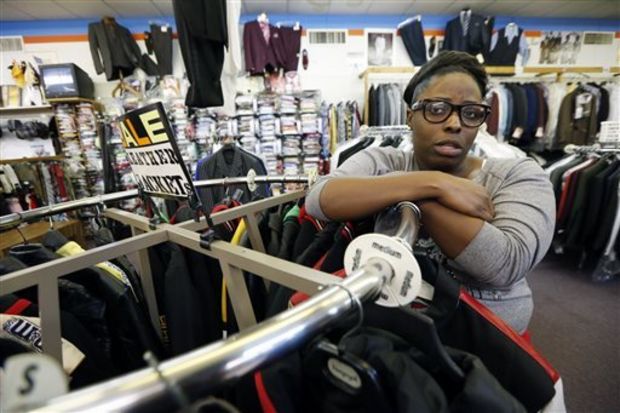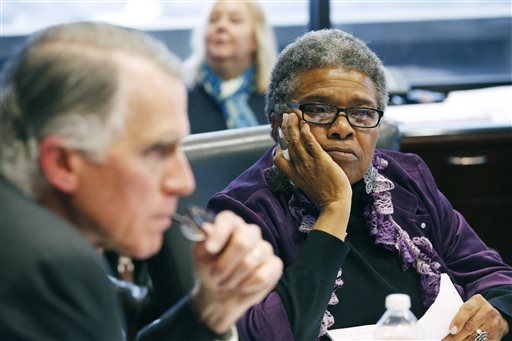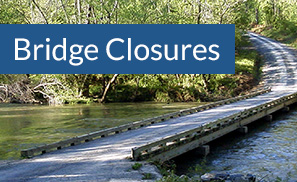

CLARKSDALE, Mississippi (AP) — Mississippi lawmakers will start 2014’s work at noon Tuesday.
Even as revenues continue to rise, some leaders are emphasizing holding down new spending and making sure money is spent well. Those were points of emphasis Monday in a speech by Lt. Gov Tate Reeves. And Gov. Phil Bryant, a fellow Republican, issued a report calling for more efforts to make sure spending produces results.
Other issues include prisoner sentencing, Medicaid expansion and school standards.
But lawmakers will also face demands for more spending from constituents during the 90-day session, which lasts until April.
Katisha Ray, 27, of Clarksdale, said she wants them to consider creating college scholarships for people with financial need. The state puts some money into scholarships now, but they are not need-based. Rather, they are for students who finish high school with top grades or for people who want to enter specific fields, such as teaching. With tighter limits on federal Pell grants in the past couple of years, some lower-income students are having a harder time paying for college.
Ray started studying mass communication at Alcorn State University but said she moved back home to Clarksdale in 2008 after her father suffered a stroke. She has a part-time job and student loan debt. She said she’s about a year short of completing her bachelor’s degree and wants to finish but doesn’t know how she can afford it.
“It would be extra hard for me to get assistance,” Ray said as she stood among the racks of suits and sweaters at New York Hi-Style, the downtown Clarksdale clothing store where she works 20 to 30 hours a week.



